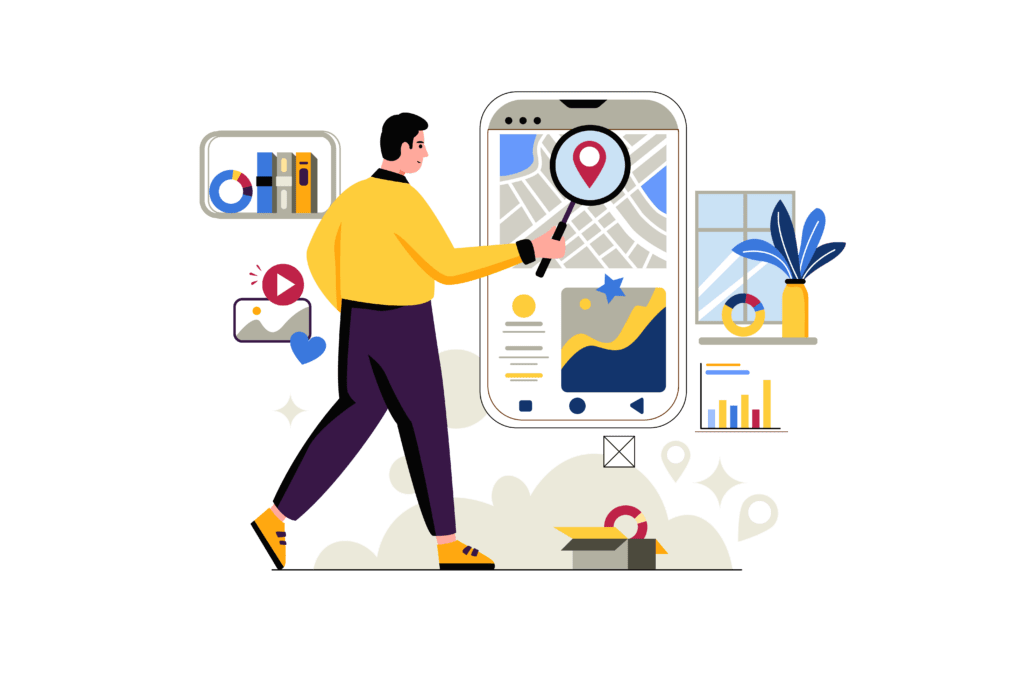Geomarketing and Artificial Intelligence to acquire new customers and increase loyalty

Since the number of smartphone users amounts to approximately 6.64 billion worldwide (almost one for every person!), we hear more and more often about “geomarketing”, i.e. a type of digital marketing, based on Big Data, which however are strictly related to the geographical position of the target, to the so-called geolocation.
This information is collected by brands and retailers through services or applications which, naturally, ask for prior consent from their users. We are talking about maps, navigators, social networks, apps dedicated to sports, the world of Travel & Tourism, the weather, and much more. In short, we are talking about services that are now part of all of our daily lives.
In these situations, the data collected concerns the geographical position of a person, recorded in real time; the user’s places of interest (selected through preferences, past behavior, and various other metrics) and nearby services and activities, which may fit the individual user’s preferences and interests.
And so, already in these first elements, the themes of data-driven predictive marketing and, above all, personalization through one-to-one and tailor-made communication begin to emerge.
It is important to underline, however, that when we talk about geomarketing, we are not just referring to the presence of a specific point of interest in the “surroundings”, but rather something that acts (and interacts) with the physical store itself. In fact, think about how our habits have changed when we find ourselves inside a store. If, for example, we are in an electronics shop, and we are interested in purchasing a new television, we all search online, on our smartphones, for the characteristics of the different devices; we inform ourselves about performances, we read opinions, reviews, feedback; we compare prices; let’s hunt for the best offers.
The advantages of implementing a geomarketing strategy for your business are truly multiple and enormous.
First of all, there are the possibilities of intercepting very specific targets with digital tools. If you have a restaurant in the province of Rome, it is useless for your midday menu offer to reach a user in the province of Milan unless the latter is nearby at that moment, perhaps on holiday, or for work reasons.
If it is true that loyalty is the true objective of every business, geomarketing is the best ally to achieve it. In fact, with the appropriate tools, it is possible to build truly personalized experiences and customer journeys, which move from the physical store to the digital world, with touchpoints built with an omnichannel perspective.
Then there are enormous possibilities relating to upselling and cross-selling.
Even in this case, digital can and must be very surgical: it is no longer a question of shooting into the crowd with one-to-many offers and communications. But we can and must increasingly push ourselves towards a true one-to-one dialogue, with offers tailored to the individual user, his characteristics, his preferences, his past behavior and his possible needs.
Furthermore, the interesting and decisive thing is that in this way a real virtuous circle is triggered. The more you know the customer, the more you are able to intercept him in the best way, and the more you are able to profile him even more in depth. Always with the utmost attention to everything regarding privacy and informed consent.
